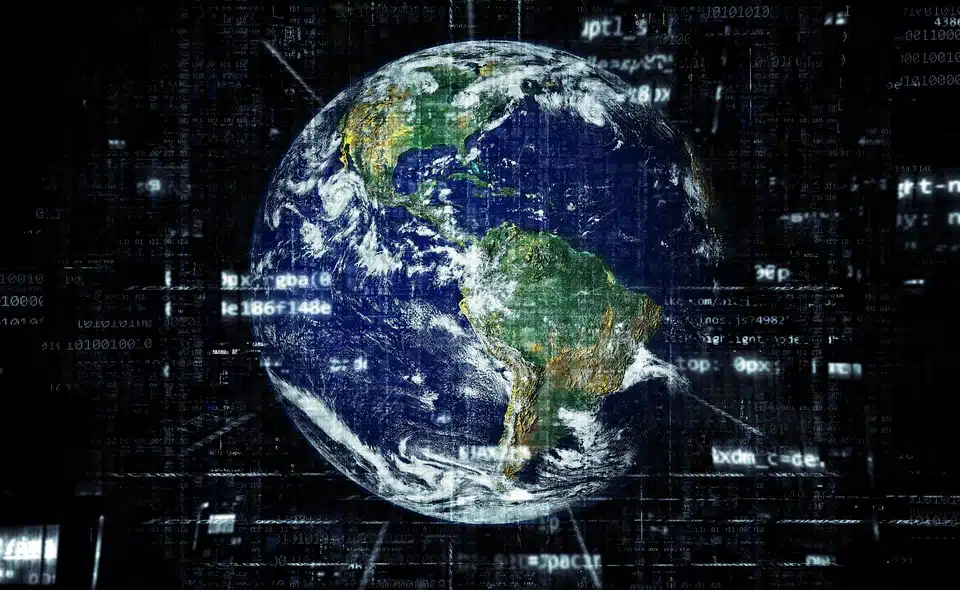Information And Communication Technology Essay
Information and Communication Technology, often abbreviated as ICT, encompasses all forms of technology used to handle telecommunications, broadcast media, intelligent building management systems, audio-visual processing and transmission systems, and many more. The proliferation of ICT tools has transformed the way we conduct our everyday lives, shaping everything from education to business interactions.
The impact of ICT in education is particularly noteworthy. With the advent of online learning platforms, students have unprecedented access to quality resources from anywhere in the world. Digital classrooms, often enhanced by virtual reality and augmented reality, provide interactive learning experiences that engage students more effectively than traditional methods. Tools such as learning management systems (LMS) streamline the educational process and foster collaboration among students and teachers.
In the corporate world, Information and Communication Technology has revolutionized business operations. Companies now leverage cloud computing to store data securely and facilitate remote work. With the rise of big data analytics, organizations can derive insights from vast amounts of information, enabling smarter decision-making and improved customer service. Furthermore, tools like video conferencing have made it easier for teams to connect across geographical boundaries, making global collaboration a reality.
The healthcare sector has also benefited immensely from ICT advancements. Telemedicine platforms allow patients to consult healthcare professionals from the comfort of their homes, improving access to care. Electronic health records (EHRs) streamline patient data management, enabling faster diagnoses and treatment plans. Additionally, wearable technology helps individuals monitor their health metrics, promoting preventive care and healthier lifestyles.
Socially, Information and Communication Technology has connected people like never before. Social media platforms have reshaped interactions, allowing individuals to share experiences, ideas, and resources instantly. However, with these benefits come challenges such as data privacy concerns and the potential for misinformation. It’s critical for users to be aware of the digital footprint they leave behind and practice responsible use of technology.
Moreover, the role of ICT in economic development cannot be overlooked. Countries investing in ICT infrastructure see significant improvements in productivity and innovation. For instance, the startup ecosystem thrives on access to technology, which supports entrepreneurial ventures and the creation of new jobs. The globalization of markets, driven by digital platforms, presents opportunities for businesses to reach a broader audience.
As we look toward the future, emerging technologies such as artificial intelligence (AI), machine learning, and the Internet of Things (IoT) promise to further redefine the landscape of Information and Communication Technology. These innovations are likely to enhance automation, optimize resource management, and enable smarter cities, making life more convenient and efficient. Preparing for an increasingly digital world means adapting to these trends and embracing lifelong learning.
In summary, Information and Communication Technology stands as a vital pillar of modern society, influencing every domain from education and healthcare to business and social interaction. As we continue to harness the power of technology, understanding its implications and potential will empower us to create a more connected and efficient world.






